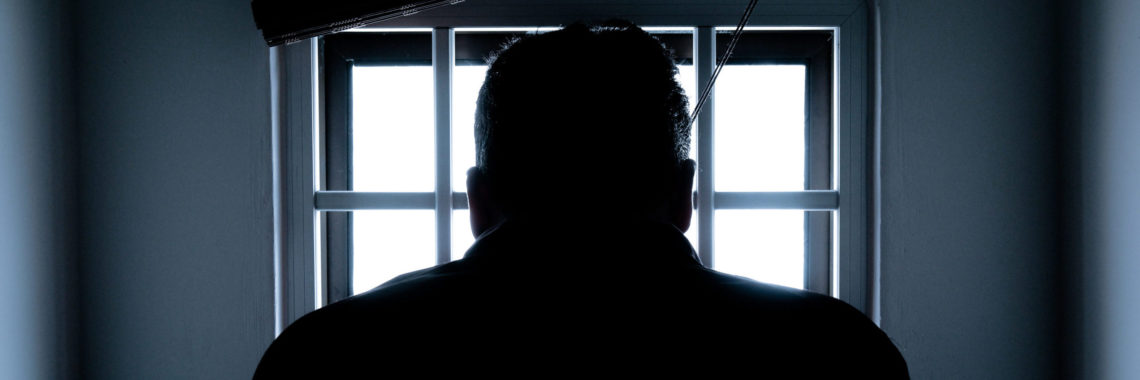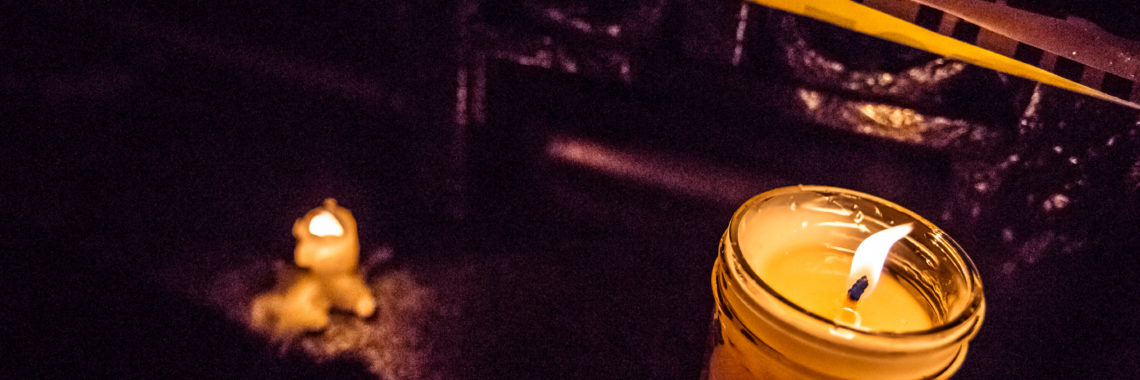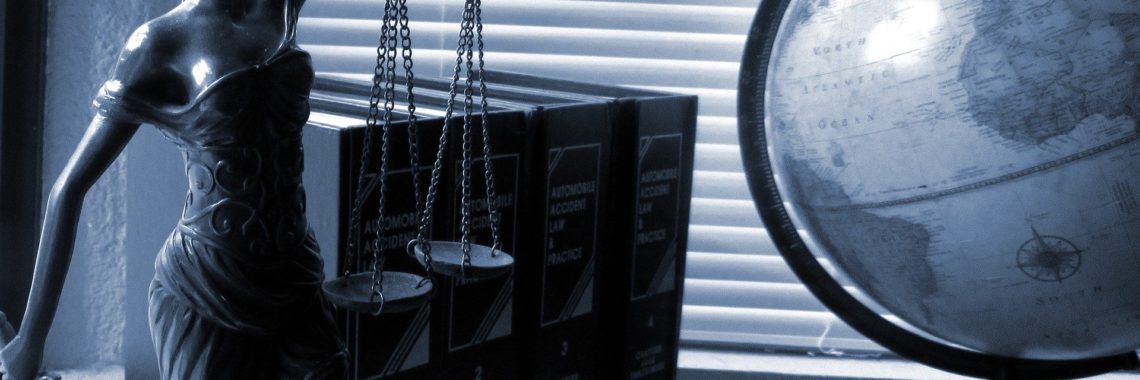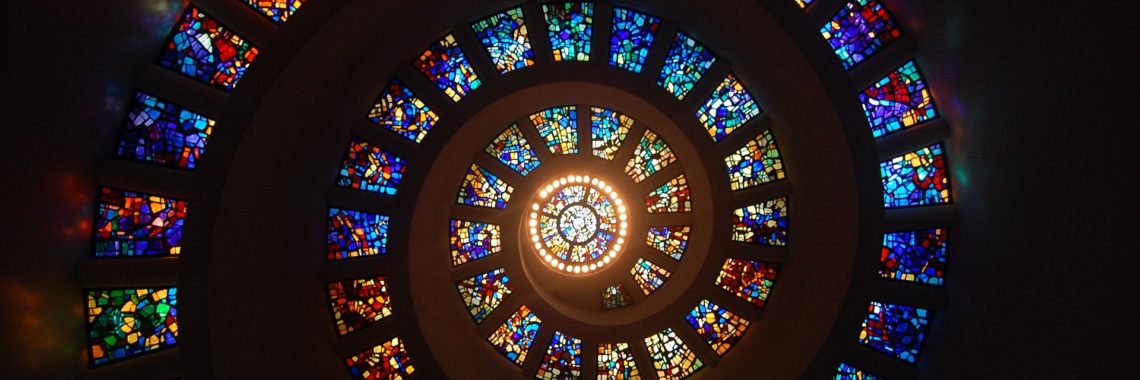“Big Brother and the New Ministry of Truth: How President Trump’s Executive Order May have Disastrous Consequences for Religious Freedom” by Kristina Arriaga
Black and Silver Laptop Computer, Jolo Diaz, Pexels Last month, for the first time ever, Twitter fact-checked two presidential tweets. In response, President Donald Trump issued an executive order which would, in essence, eliminate a pillar of U.S. internet law, the protections contained in Section 230 of the Communications Decency Act (CDA 230). CDA 230…









